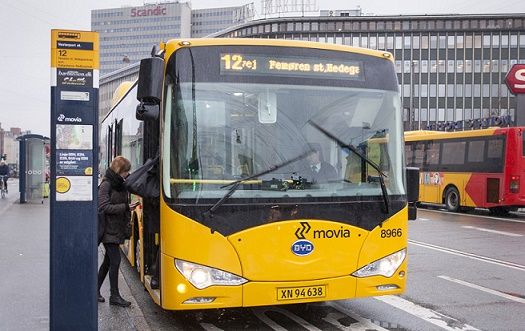From April next year, the municipality of Roskilde intends to completely convert to buses powered by electricity. Twenty buses will service all the internal bus routes in the municipality.
This will make Roskilde the first municipality in Denmark to take this step, reports Ingeniøren.
READ ALSO: Vast majority of buses still exceed EU emission limits
The buses are being manufactured by the Chinese company Yutong, the world’s largest producer of battery-driven buses, and they will be run by Umove Øst, which will put up a new workshop and garage with a recharging station.
A diesel backup
The new buses are not expected to cost any more than the present ones. This is partly because the municipality has kept prices down by allowing Umove Øst to use diesel buses when the new buses break down without being fined. In that way, the company does not have to keep a stock of extra electric buses ready.
“With luck, the diesel buses will be unnecessary, but if there are electric buses that break down or if things don’t quite go smoothly from the start, then the company is allowed to use diesel buses to a limited extent,” said Ivan Hyldebrand, the traffic boss at Roskilde Municipality.
The operators have also been promised a 10-year contract in order to give them more time to write off investments such as the recharging terminal.















